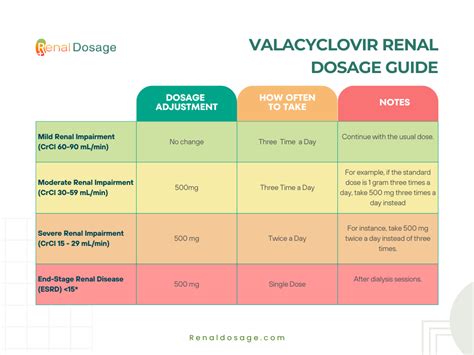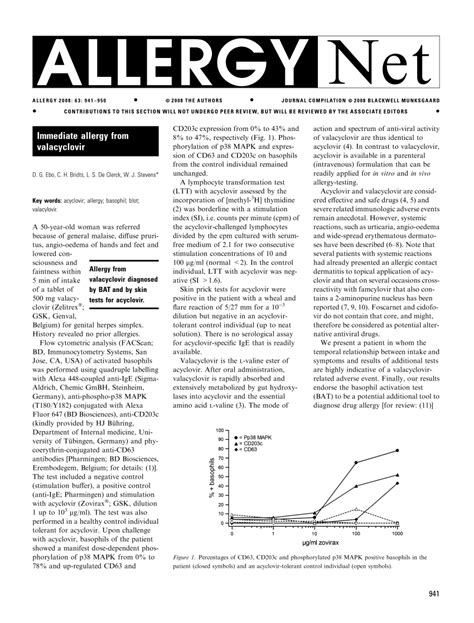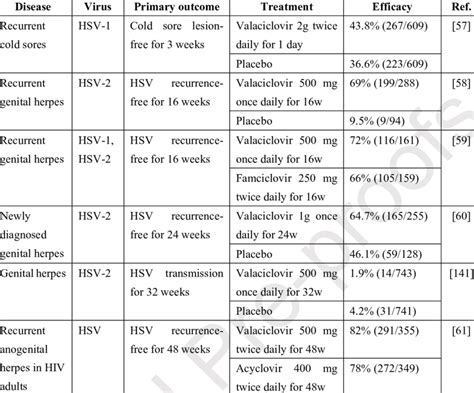Intro
Discover common Valacyclovir side effects, including nausea, headaches, and fatigue. Learn about dosage, interactions, and managing symptoms of this antiviral medication.
The importance of understanding the potential side effects of medications cannot be overstated, especially when it comes to antiviral drugs like Valacyclovir. This medication, commonly used to treat viral infections such as herpes simplex and herpes zoster, has been a cornerstone in the management of these conditions. However, like all medications, it comes with its own set of side effects, some of which can be severe. It's crucial for patients to be aware of these potential side effects to ensure they can make informed decisions about their treatment and to recognize when they might need to seek medical attention.
Valacyclovir, being a prodrug of acyclovir, works by inhibiting viral DNA synthesis and replication, thereby reducing the severity and duration of viral infections. While it has been proven effective, its use must be balanced against the potential for adverse effects. These side effects can range from mild and temporary to severe and potentially life-threatening. Understanding the spectrum of these side effects is essential for both patients and healthcare providers to manage treatment effectively and improve patient outcomes.
The management of viral infections with Valacyclovir involves a comprehensive approach that includes not only the treatment of acute episodes but also the prevention of future outbreaks. This can involve long-term suppressive therapy, which, while effective, increases the duration of exposure to the drug and potentially the risk of side effects. Therefore, it's vital to weigh the benefits of treatment against the risks and to closely monitor patients for any signs of adverse effects. This proactive approach can help mitigate the impact of side effects and ensure that treatment remains effective and safe over time.
Common Side Effects of Valacyclovir

Less Common but Serious Side Effects
Less common but more serious side effects of Valacyclovir can include renal impairment, neurological effects such as confusion or agitation, and allergic reactions. These side effects require immediate medical attention, as they can lead to serious complications if not promptly addressed. Patients should be vigilant for signs of these more severe side effects and seek help immediately if they experience any unusual symptoms.Valacyclovir and Renal Impairment

Managing Renal Impairment
Managing renal impairment in patients taking Valacyclovir involves careful monitoring of kidney function and adjusting the dose as necessary. This may involve reducing the frequency or amount of the drug administered. In some cases, alternative treatments may be considered if the risk of renal impairment is too high. Healthcare providers play a crucial role in assessing this risk and making informed decisions about treatment to balance efficacy with safety.Neurological Side Effects of Valacyclovir

Recognizing Neurological Symptoms
Recognizing neurological symptoms early is critical. Patients experiencing any unusual changes in mental status, such as confusion, disorientation, or extreme mood changes, should seek medical help immediately. In cases where seizures occur, emergency services should be contacted right away. The management of neurological side effects may involve stopping the medication and providing supportive care until the symptoms resolve.Allergic Reactions to Valacyclovir

Preventing Allergic Reactions
Preventing allergic reactions involves careful assessment of a patient's allergy history before starting Valacyclovir. Patients known to be allergic to acyclovir or valacyclovir should not take the drug. For patients with a history of severe allergic reactions, caution is advised, and alternative treatments may be considered. Monitoring for signs of an allergic reaction during the initial treatment period is crucial, and patients should be educated on what to look for and when to seek help.Long-Term Use of Valacyclovir

Benefits of Suppressive Therapy
The benefits of suppressive therapy with Valacyclovir include a significant reduction in the frequency of herpes outbreaks, which can improve quality of life and reduce the risk of transmitting the virus to others. For many patients, the benefits of suppressive therapy outweigh the risks, but this decision should be made on an individual basis, taking into account the patient's overall health, the frequency and severity of outbreaks, and the potential for side effects.Special Considerations

Patient Education
Patient education is key to the safe and effective use of Valacyclovir. Patients should be informed about the potential side effects, how to recognize them, and when to seek medical help. They should also understand the importance of adherence to their treatment regimen and the need for regular follow-up appointments to monitor for any issues. By empowering patients with knowledge, healthcare providers can help ensure that treatment is both effective and safe.In conclusion, while Valacyclovir is an effective medication for the treatment of viral infections, its potential side effects must be carefully considered. By understanding these side effects, recognizing their signs, and taking proactive steps to manage them, patients and healthcare providers can work together to ensure safe and effective treatment. If you or someone you know is taking Valacyclovir, it's essential to stay informed and engaged in your care to get the most out of your treatment while minimizing risks.
We invite you to share your experiences or questions about Valacyclovir in the comments below. Your input can help others understand the realities of living with viral infections and the role that Valacyclovir can play in their management. Additionally, if you found this information helpful, please consider sharing it with others who might benefit from understanding the potential side effects of Valacyclovir.
What are the most common side effects of Valacyclovir?
+The most common side effects of Valacyclovir include nausea, vomiting, diarrhea, and headache. These are typically mild and temporary.
Can Valacyclovir cause serious side effects?
+Yes, Valacyclovir can cause serious side effects, including renal impairment, neurological effects, and allergic reactions. These require immediate medical attention.
How can I minimize the risk of side effects while taking Valacyclovir?
+To minimize the risk of side effects, follow your healthcare provider's instructions carefully, attend all scheduled follow-up appointments, and report any unusual symptoms promptly.
